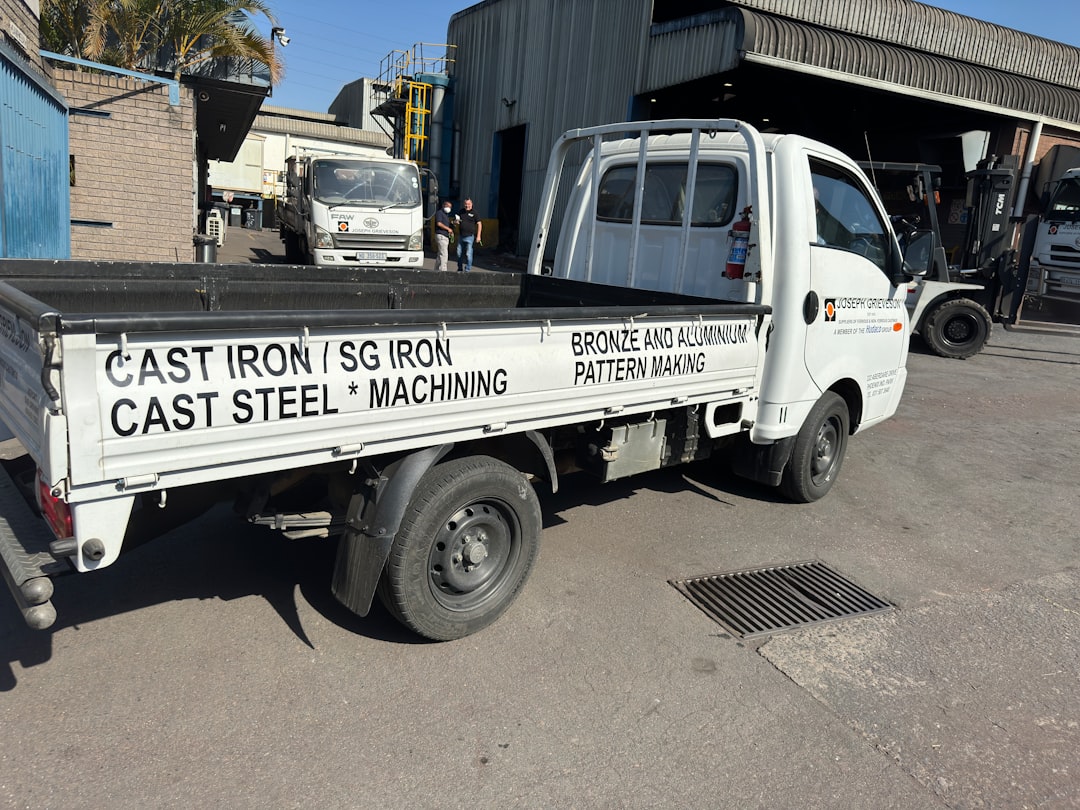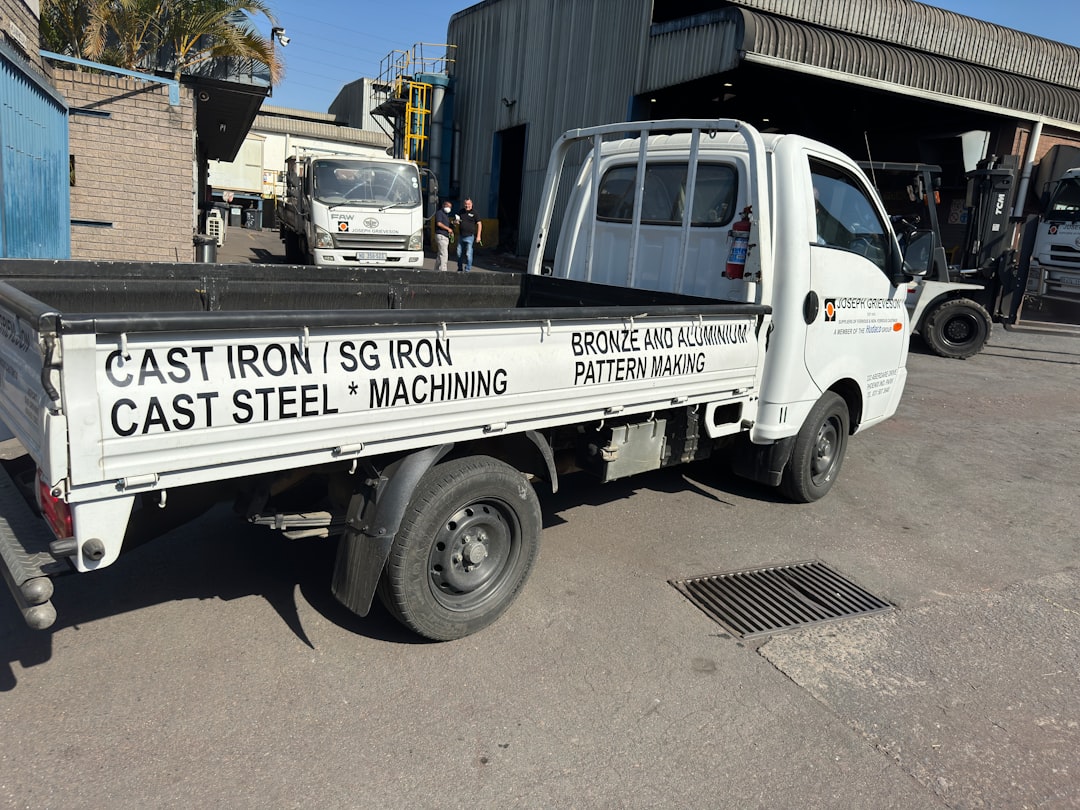Understanding GCC Steel Fixer Requirements
Steel fixers perform critical construction tasks. Specifically, they cut, bend, and install reinforcing steel. Additionally, they interpret structural drawings accurately. Moreover, they ensure proper concrete coverage measurements. Consequently, their work directly impacts building safety and durability.
GCC projects demand specific skill sets. Firstly, experience with high-rise construction proves essential. Secondly, knowledge of regional building codes matters significantly. Thirdly, adaptability to extreme climate conditions remains crucial. Furthermore, teamwork and communication skills ensure project coordination.
Employers should verify several key competencies. These include:
- Rebar fabrication and installation expertise
- Blueprint and structural drawing interpretation
- Measurement and calculation accuracy
- Safety protocol adherence and certification
- Tool and equipment proficiency
- Team coordination and supervision capabilities
Additionally, cultural adaptability enhances long-term retention. Moreover, understanding GCC workplace protocols improves performance.
Nepalese steel fixers offer distinct advantages. They typically possess strong technical training. Furthermore, their English communication skills facilitate supervision. Additionally, their work ethic aligns well with GCC project demands. Consequently, they represent an excellent talent source.
Zero-Cost Steel Fixer Hiring Strategic Overview
Zero-cost steel fixer hiring eliminates recruitment agency fees. Instead, employers pay only essential processing costs. These include visa fees, medical examinations, and travel expenses. Moreover, this model maximizes recruitment budget efficiency. Therefore, it benefits companies managing multiple projects simultaneously.
The strategic approach involves several key components. Firstly, direct sourcing from Nepal reduces intermediary costs. Secondly, streamlined documentation accelerates deployment. Thirdly, compliance verification prevents legal complications. Furthermore, proper onboarding ensures immediate productivity.
Successful implementation requires understanding cost structures. Essential expenses typically include:
- Employment visa processing fees
- Medical screening and fitness certificates
- Airfare and travel arrangements
- Work permit and labor card charges
- Accommodation and transportation setup
- Orientation and safety training programs
Additionally, contingency planning addresses unexpected situations. Moreover, compliance with International Labour Organization guidelines ensures ethical standards.
This recruitment model delivers significant advantages. It reduces per-hire costs substantially. Furthermore, it establishes direct employer-worker relationships. Additionally, it enables scalable workforce expansion. Consequently, construction firms achieve better project cost control.
Legal Framework and Compliance Standards
GCC employment regulations govern foreign worker recruitment. Specifically, UAE labor law outlines employer obligations clearly. Additionally, Ministry of Human Resources and Emiratisation guidelines apply. Moreover, bilateral agreements between Nepal and GCC countries facilitate legal recruitment.
Employers must comply with several critical requirements. These include providing standardized employment contracts. Furthermore, minimum wage and overtime provisions apply. Additionally, adequate accommodation and healthcare must be arranged. Moreover, timely salary payment remains mandatory.
Key documentation requirements include:
- Attested educational certificates and training diplomas
- Valid passport with minimum two-year validity
- Medical fitness certificate from approved centers
- Employment contract in Arabic and English
- Work permit approval from relevant ministry
- Insurance coverage as per national requirements
Additionally, UAE government employment regulations specify probation periods. Moreover, end-of-service benefits calculations follow established formulas.
Compliance verification occurs at multiple stages. Firstly, document attestation ensures authenticity. Secondly, medical screening confirms fitness for construction work. Thirdly, visa processing involves security clearance. Furthermore, work permit issuance finalizes legal employment status.
Zero-Cost Steel Fixer Hiring Best Practices
Implementing successful zero-cost recruitment requires systematic approaches. Firstly, comprehensive job descriptions attract suitable candidates. Secondly, rigorous screening identifies top talent. Thirdly, transparent communication builds trust. Furthermore, structured onboarding accelerates integration.
Sourcing strategies should leverage multiple channels. These include technical training institutes in Nepal. Additionally, government employment agencies provide verified candidates. Moreover, industry referrals often yield qualified professionals. Furthermore, digital platforms expand reach cost-effectively.
Assessment methodologies should evaluate both technical and soft skills. Recommended approaches include:
- Practical tests measuring rebar fabrication speed and accuracy
- Technical interviews assessing blueprint interpretation
- Reference verification from previous employers
- Safety knowledge evaluations using scenario questions
- Communication skills assessment during interviews
- Physical fitness verification for demanding work
Additionally, cultural adaptability screening predicts retention. Moreover, understanding World Health Organization workplace standards ensures health compliance.
Deployment planning ensures smooth transitions. This includes pre-departure orientation in Nepal. Furthermore, airport reception arrangements prevent confusion. Additionally, initial accommodation setup provides immediate comfort. Moreover, site-specific safety training prevents accidents.
Documentation and Processing Steps
The documentation process follows a sequential pathway. Firstly, employers obtain quota approval from relevant authorities. Secondly, candidate selection occurs through comprehensive screening. Thirdly, offer letters and employment contracts are prepared. Furthermore, attestation procedures authenticate documents legally.
Visa processing involves multiple government departments. Initially, employment entry permits are secured. Subsequently, medical fitness tests are conducted. Then, Emirates ID registration occurs. Moreover, labor card issuance finalizes work authorization.
Essential processing stages include:
- Quota approval application submission
- Employment contract signing and attestation
- Entry permit processing through immigration
- Medical examination at approved centers
- Status change and Emirates ID processing
- Labor card issuance and bank account setup
Additionally, U.S. Department of Commerce trade resources provide international recruitment insights. Moreover, coordination with Nepalese authorities facilitates documentation.
Timeline management proves crucial for project planning. Typically, documentation preparation requires 1-2 weeks. Furthermore, visa processing takes 2-3 weeks. Additionally, travel arrangements need 1 week. Moreover, onboarding consumes 3-5 days. Consequently, total processing averages 4-8 weeks.
Zero-Cost Steel Fixer Hiring Implementation Timeline
Successful implementation follows a structured timeline. Week one focuses on documentation preparation. Specifically, job descriptions are finalized. Additionally, candidate sourcing begins. Moreover, initial screening identifies potential hires. Furthermore, interview schedules are coordinated.
Weeks two through four involve comprehensive processing. Firstly, final candidate selection occurs. Secondly, employment contracts are prepared and signed. Thirdly, document attestation proceeds. Additionally, visa applications are submitted. Moreover, medical examinations are scheduled.
Critical timeline milestones include:
- Days 1-7: Job description finalization and candidate sourcing
- Days 8-14: Interviews, selection, and contract signing
- Days 15-28: Document attestation and visa processing
- Days 29-35: Travel arrangements and pre-departure orientation
- Days 36-40: Arrival reception and initial accommodation
- Days 41-45: Site orientation and safety training
Additionally, World Bank labor market reports inform strategic planning. Moreover, buffer days accommodate processing variations.
Proactive management prevents timeline slippage. Regular follow-ups with government departments help. Furthermore, document verification before submission avoids rejections. Additionally, coordinated travel planning ensures smooth transitions. Moreover, contingency planning addresses unexpected delays effectively.
Common Challenges and Solutions
Employers often face several recruitment challenges. Documentation delays frequently occur. Additionally, candidate availability fluctuates seasonally. Moreover, compliance requirements change periodically. Furthermore, cultural adaptation issues sometimes arise.
Documentation challenges include attestation delays. Also, medical test failures require candidate replacement. Additionally, visa processing backlogs develop occasionally. Moreover, travel document verification takes time. Furthermore, contract translation errors cause complications.
Effective solutions address these systematically:
- Maintain candidate pipeline to replace failed applications
- Verify documents thoroughly before submission
- Monitor processing status daily through online portals
- Provide cultural orientation before departure
- Establish clear communication channels with candidates
- Build relationships with processing authorities
Additionally, professional recruitment resources provide ongoing support. Moreover, experienced partners navigate bureaucratic processes efficiently.
Retention challenges require proactive management. Clear career progression paths motivate workers. Furthermore, fair treatment and timely payments build loyalty. Additionally, comfortable accommodation improves satisfaction. Moreover, recognition programs reinforce positive performance.
Expert Recommendations for Success
Successful zero-cost steel fixer hiring requires strategic planning. Firstly, develop comprehensive recruitment policies. Secondly, establish clear performance expectations. Thirdly, implement robust onboarding processes. Furthermore, maintain ethical recruitment practices consistently.
Partner selection proves critical for optimal outcomes. Choose recruitment partners with GCC experience. Additionally, verify their compliance track record. Moreover, assess their candidate network depth. Furthermore, evaluate their processing efficiency and transparency.
Key success factors include:
- Detailed job descriptions specifying exact requirements
- Multiple verification stages during candidate screening
- Transparent communication about terms and conditions
- Comprehensive orientation covering rights and responsibilities
- Ongoing performance monitoring and feedback mechanisms
- Regular compliance audits and process improvements
Additionally, schedule consultation appointment with our specialists for personalized guidance. Moreover, continuous process refinement maintains competitive advantage.
Long-term workforce planning enhances sustainability. Develop succession planning for key positions. Furthermore, cross-training increases operational flexibility. Additionally, skill upgrading maintains technical relevance. Moreover, retention strategies reduce turnover costs significantly.
Frequently Asked Questions About Zero-Cost Steel Fixer Hiring
What is the timeline for zero-cost steel fixer hiring?
Timeline typically ranges 4-8 weeks depending on country requirements. Furthermore, documentation preparation affects processing speed. Therefore, consult our specialists for accurate estimates.
What documentation is required for steel fixer recruitment?
Required documents include employment contracts, visa applications, medical certificates, and educational credentials. Additionally, country-specific requirements vary. Moreover, attestation procedures apply.
What are typical costs for steel fixer recruitment?
Costs vary by position level, country, and volume. Furthermore, visa fees, medical screening, and documentation affect total investment. Therefore, request detailed quotations from recruitment partners.
How does Allianze HR ensure compliance?
We maintain Ministry-approved RA license status. Additionally, our team monitors GCC labor law changes. Moreover, we conduct thorough documentation verification at every stage.
Which GCC countries does Allianze serve?
We provide recruitment services across UAE, Saudi Arabia, Qatar, Kuwait, Bahrain, and Oman. Furthermore, our South Asian talent network spans India, Nepal, Bangladesh, and Pakistan.
What industries does Allianze specialize in?
Our expertise covers construction, hospitality, healthcare, facilities management, manufacturing, and technical services. Additionally, we handle both skilled and semi-skilled recruitment.
Partner with Allianze HR for Recruitment Success
Zero-cost steel fixer hiring delivers substantial benefits for GCC employers. It reduces recruitment expenses significantly. Furthermore, it provides access to skilled Nepalese professionals. Additionally, it supports project timelines effectively. Moreover, it enhances workforce planning flexibility.
Successful implementation requires expertise in GCC regulations. Also, understanding Nepalese talent markets proves valuable. Furthermore, efficient processing systems prevent delays. Additionally, comprehensive onboarding ensures immediate productivity. Consequently, professional partnership maximizes outcomes.
Allianze HR Consultancy offers complete recruitment solutions. Our zero-cost steel fixer hiring service handles all complexities. Furthermore, our compliance expertise prevents legal issues. Additionally, our candidate network ensures quality selection. Moreover, our processing efficiency accelerates deployment. Therefore, contact our recruitment team today to begin your cost-effective hiring journey.




